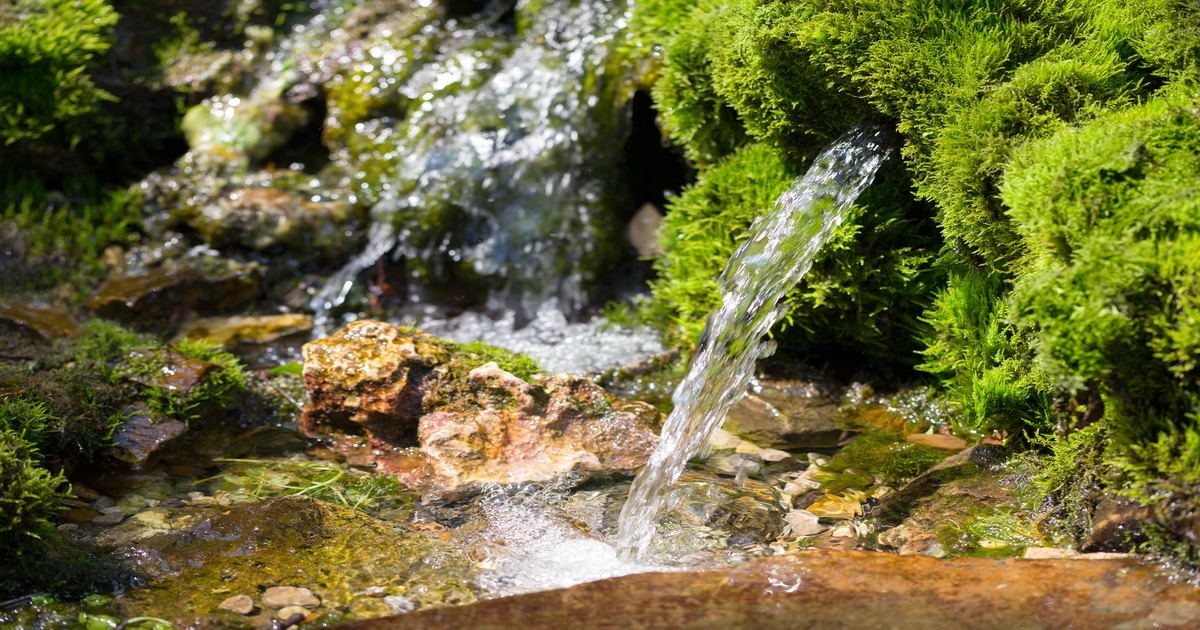Groundwater Best Practices for Sustainable Use &Protection

As we get ready to celebrate World Water Day, it is vital to take some time to think about how important groundwater is to the process of keeping life on earth going. The water that is found below the surface of the earth and that is the source of water for wells and springs is known as groundwater.
Groundwater is an essential source of water for towns, agriculture, and industry. Yet, because of over-abstraction, pollution, and the effects of climate change, groundwater supplies are currently confronting difficulties that have never been seen before.
World Water Day Contest aims to highlight the conservation of this precious resource.
In this blog post, we will go over some of the most effective procedures for the sustainable management and protection of groundwater.
Monitoring
Establishing a monitoring system to measure the levels of groundwater and the quality of the groundwater is one of the best practises for the sustainable management of groundwater. This will assist in identifying variations in the amounts of groundwater as well as the quality of the water, as well as tracking patterns over time.
The monitoring data can be put to use to help guide management decisions and assess how well management techniques are working. Monitoring the levels and quality of groundwater on a consistent basis can also help to detect early warning indications of contamination. This makes it possible to take fast action to protect the resource by ensuring that it is kept clean.
Water Conservation
The use of water conservation practises is another recommended best practise for the management of groundwater in a sustainable manner. Using water conservation practises can cut down on the need for groundwater, hence extending the useful life of the resource.
The installation of water-saving toilets and showerheads, the repair of water leaks, and the use of more effective irrigation methods are all examples of water conservation techniques. A reduction in the requirement for groundwater recharge, which in some regions can be both costly and technically complex to do, is another benefit of water conservation techniques.
Recharge
Recharging the groundwater supply is another crucial component of managing groundwater in a sustainable manner. The groundwater supply can be recharged when water is allowed to percolate into the earth in a process known as "recharge."
This goal can be accomplished using a variety of approaches, such as collecting and storing the runoff from storm drains or sprinkling fields with water from irrigation systems. Recharging the groundwater system helps to reduce the effects of over-extraction as well as drought. This is accomplished by increasing the amount of water that enters the system.
FairGaze's One Day for Water initiative attempts to raise public awareness regarding ground water depletion. Our World Water Day Contest encourages teachers, parents, and kids to take responsible steps to conserve water.
Conclusion
Efficient management of groundwater resources calls for collaboration between a variety of stakeholders, including governments, communities, and water users. A sustainable groundwater management plan that strikes a balance between the various conflicting demands for water can be developed and implemented with the participation of various stakeholders. The importance of groundwater, as well as the necessity of preserving it for future generations, can be brought to more people's attention through collaborative efforts.
The management of groundwater in a way that is both sustainable and effective is required in order to guarantee the availability and quality of this critical resource over the long term.

